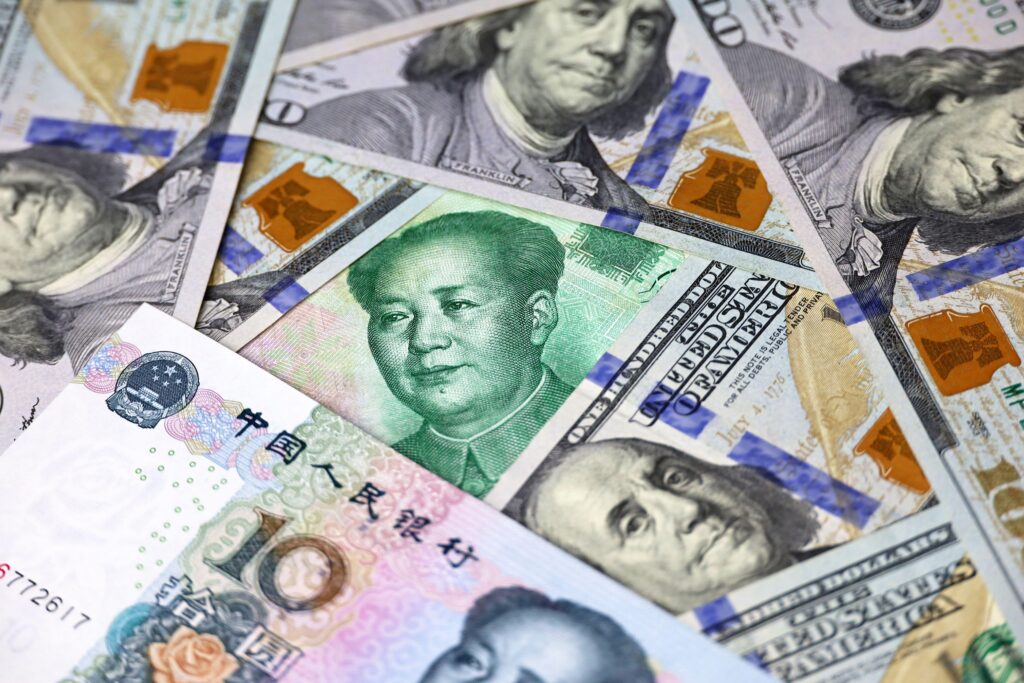
This is because a survey showed that the dollar will account for more than half of the world’s foreign exchange reserves in 10 years. On the other hand, China is trying to increase its share of the yuan, but it is expected to account for only 6% of its total foreign exchange reserves in 10 years.According to the Financial Times (FT) on the 27th (local time), the dollar accounted for 54% of the total foreign exchange reserves in an annual survey of 75 central banks around the world by the Public Monetary and Financial Organization Forum (OMFIF). OMFIF is a think tank under the Bank of England, the central bank of the United Kingdom.According to the survey, 16% of central banks said they plan to increase dollar risk exposure (exposer) over the next two years. Only 6% of central banks said they would reduce their dollar holdings over the next 10 years.On the contrary, China’s interest in the yuan has decreased. The number of central banks that said they would increase their yuan holdings was 13 percent, down from 30 percent last year. However, in 10 years, the proportion of foreign exchange reserves is expected to increase from 3% to 6% as 40% of the world’s central banks increase their yuan holdings.Over the past 20 years, the dollar’s dominance as a key currency has seemed to weaken. According to the International Monetary Fund (IMF), the dollar accounted for 70% of each country’s central bank’s foreign exchange reserves in 1999, but fell to 58.4% as of the end of last year. However, the decline in the dollar is expected to slow down as investment sentiment in the yuan is dampened by geopolitical uncertainties such as the U.S.-China conflict. “The dollar has been on the decline over the past decade, but there will be no significant change in the future,” said Nikil Sanghani, chief economist at OMFIF, who conducted the survey.Since 10 years ago, China has been making efforts to increase the proportion of yuan use in the international community with the aim of confronting “dollar hegemony.” However, it seems difficult to increase the proportion of the yuan. “As the U.S. imposed sanctions on Russia, geopolitical instability between China and the U.S. has grown,” said Sanghani, chief economist. “Some foreign exchange reserves managers will be reluctant to invest in China immediately between China and the U.S.”The biggest beneficiary currency was the euro amid the gradual decline of the dollar and the sluggish proportion of the yuan. The euro currently accounts for about 23% of the world’s foreign exchange reserves. FT said, “14% of central banks said they plan to increase their euro holdings over the next two years,” adding, “We showed higher demand than last year.”
Changyoung Choi
US ASIA JOURNAL



